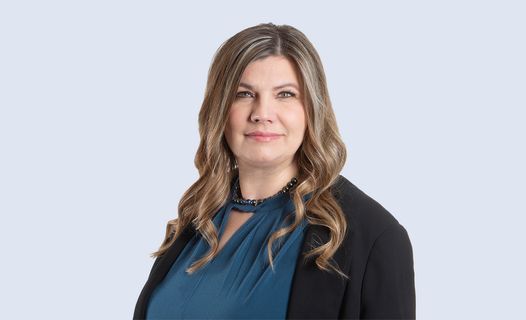Beginning October 1, 2021, if a Nevada employer provides paid or unpaid sick leave to its employees, it must allow the employee to use a portion of their accrued sick leave to assist a member of their immediate family who has an illness, injury, or medical need. You should begin preparing for this change in the law immediately by revising any policies, practices, or trainings to reflect the new law.
Overview of AB 190
Similar to the federal protections under the Family and Medical Leave Act (FMLA), Nevada’s Legislature recently enacted Assembly Bill 190, a law requiring private employers to allow employees to use their accrued sick leave – whether paid or unpaid – to assist a member of the immediate family that has an illness, injury, medical appointment, or other authorized medical need. Employers are also prohibited from denying an employee the right to use the accrued sick time leave or retaliating against the employee for using leave.
However, the law will cover all private employers, not just those with 50 or more employees, and will apply to their employees in Nevada. Notably, the law does not apply to employees covered under a collective bargaining agreement.
The law defines “immediate family” as the child, foster child, spouse, domestic partner, sibling, parent, mother-in-law, father-in-law, grandchild, grandparent, or stepparent of the employee, and any person for whom the employee is the legal guardian. This marks an expansion from federal FMLA leave, which typically does not include parents “in-law” as a qualifying family members. The new Nevada law also implicitly encourages employers to provide a “more generous sick leave benefit or paid time off benefit” to employees.
The new law allows employers to limit the amount of sick leave an employee may use to the amount of sick leave the employee accrues during a six-month period. For example, if an employee accrues 24 hours per year in sick leave, you may limit the amount of sick leave the employee uses to assist an immediate family member to 12 hours per year.
FMLA and AB 190
As most employers are aware, the FMLA offers eligible employees the opportunity to take up to 12 weeks of protected unpaid leave from work (and perhaps more) to care for certain family members with “serious health conditions.” Qualifying family members typically include a spouse, son, daughter, or parent, and in certain circumstances may extend to grandparents or other family members. By defining “immediate family” more broadly than the FMLA, the Nevada legislature expressly intends the law to apply to leave that may not otherwise be approved under FMLA for those unqualified family members. The law, however, does not extend the maximum amount of leave that an employee is entitled to under the FMLA.
Unlike the FMLA, AB 190 does not require employers to maintain records of an employee’s use of sick leave for immediate family members. That said, maintaining records is recommended in the event the Nevada Labor Commissioner investigates a potential violation of the law. The new law is also silent with respect to providing documentation for an immediate family member’s medical need, so you should be very cautious when discussing the reason for the employee’s use of sick leave for a family member.
Compliance with The New Law
Employers that violate the new law will be considered guilty of a misdemeanor and may be subject to remedies or penalties from the Labor Commissioner. In addition to any remedies or penalties, the Labor Commissioner may impose a penalty of $5,000 for each violation.
Employers in violation will also be required to post in a conspicuous location a bulletin from the Labor Commissioner that explains the employee’s rights under the new law.
Next Steps
To prepare for compliance with the law, you should review your policies and handbooks to ensure that proper procedures are in place for employees that wish to use their sick leave to care for immediate family members. You should conspicuously post a written copy of the notice of the new law in your workplace as soon as possible. You should review your employee handbook and policies relating to sick leave and update the policies as soon as possible. You may also want to consider asking your employees to confirm in writing their understanding of the new additions to the sick leave policy, if any. It may also be helpful to train human resources personnel and managers on best practices for the administration of leave policies to ensure compliance.
Fisher Phillips will continue to monitor employment developments in Nevada and provide updates as appropriate. Make sure you are subscribed to Fisher Phillips’ Insight System to get the most up-to-date information. For further information, contact your Fisher Phillips attorney, the authors of this Insight, or any attorney in our Las Vegas office.


